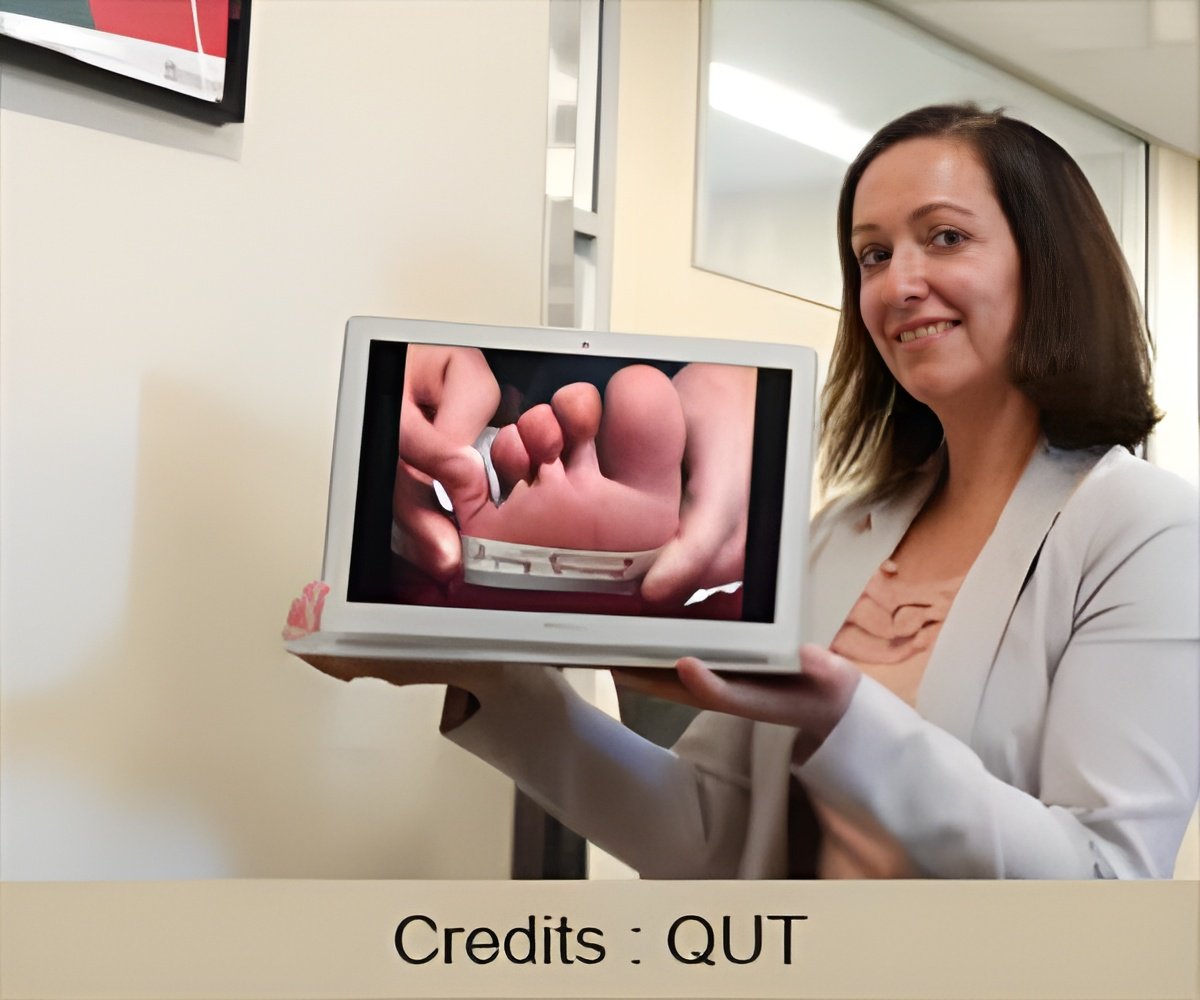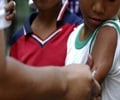Researchers have discovered that ‘surgery selfies’ were linked with a reduced number of visits to the hospital and improved access to post-surgical care.

Surgical wound infections are associated with more than a third of deaths after an operation. Death within 30 days of surgery is the third largest cause of death globally.
On average, surgical wound infections cost an extra £10,000 per patient because of longer stays in hospital, readmissions after going home and the extra treatments needed.
Researchers from the University of Edinburgh ran a randomized clinical trial involving 492 emergency abdominal surgery patients to see if photos from smartphones and questions on symptoms of infection could be used to diagnose wound infections early.
One group of 223 patients were contacted on days three, seven, and 15 after surgery and directed to an online survey.
The group was asked about their wound and any symptoms they were experiencing. They were then asked to take a picture of their wound and upload it to the secure website.
Advertisement
They followed up with patients 30 days after surgery to find out if they had been subsequently diagnosed with an infection.
Advertisement
Researchers found no significant difference between both groups in the overall time it took to diagnose wound infections in the 30-days after surgery.
However, the smartphone group were nearly four times more likely to have their wound infection diagnosed within seven days of their surgery compared to the routine care group.
The smartphone group was found to have a reduced number of hospital visits and also reported a better experience of trying to access post-operative care.
The research team are now conducting a follow-up study to determine how this can be best put into practice for surgical patients around the country.
Artificial intelligence will also be used to help the clinical team in assessing the possibility of wound infection. The findings have been published in NPJ Digital Medicine.
Using mobile phone apps around the time of surgery is becoming common. Using this patient can be directly connected with the hospital team treating them.
Since the COVID-19 pandemic started, there have been big changes in how post-surgery care is delivered. Patients and staff have become used to having remote consultations.
This new study has shown that surgical wounds can be effectively and safely monitored while patients recover at home – this is likely to become the new normal.
Source-Medindia









